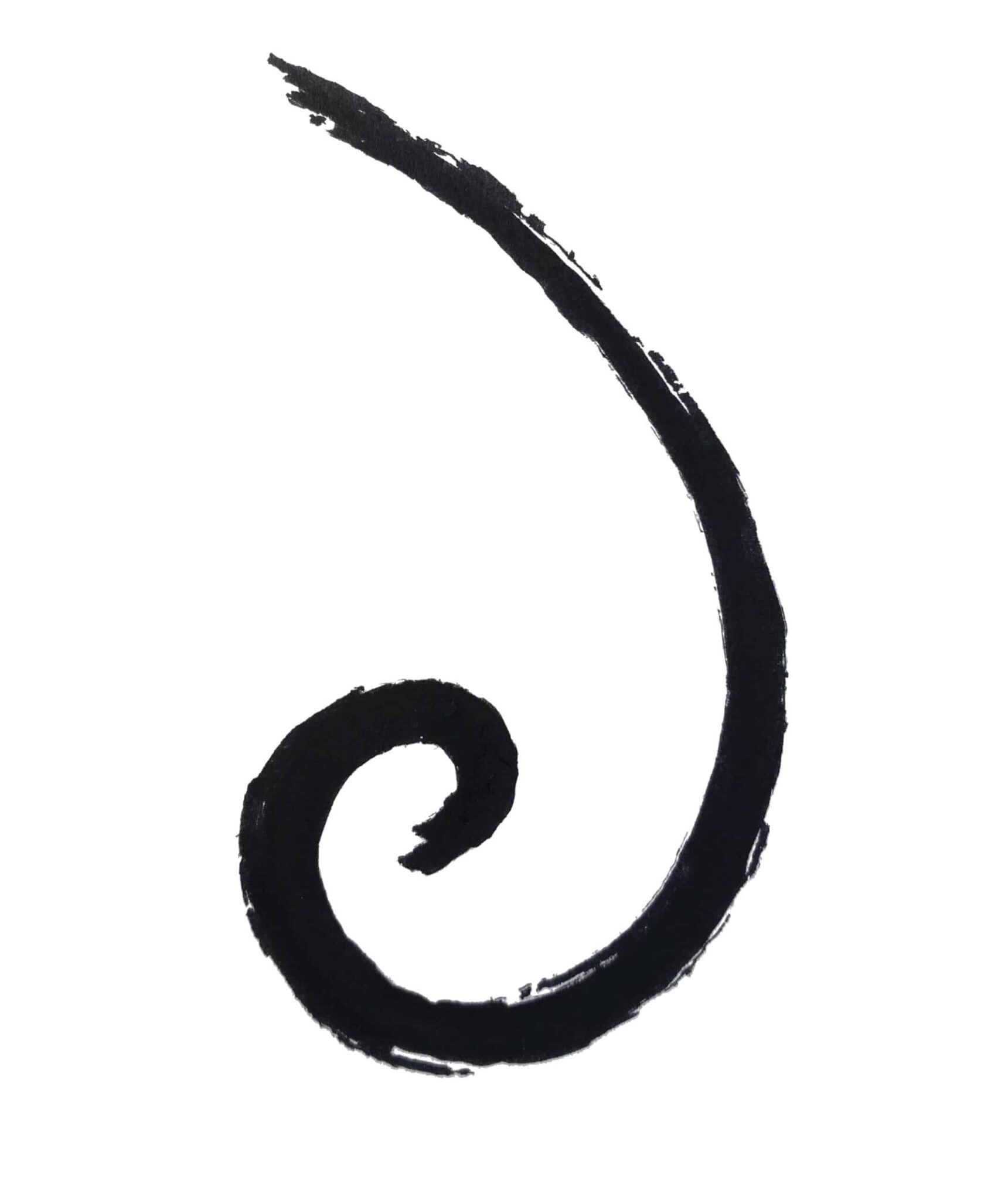
Val Plumwood was an Australian ecofeminist philosopher whose rigorous critique of dualism revealed how Western philosophy’s hierarchical separation of reason from nature, mind from body, and human from animal justified both environmental destruction and social oppression. Her work demonstrated that ecological and feminist struggles share common philosophical roots.
Plumwood’s masterwork “Feminism and the Mastery of Nature” (1993) analyzed how Western thought constructs dualisms that enable domination. Pairs like reason/nature, male/female, and human/animal reinforce each other in what she called “the logic of colonization” - where the inferior (nature, women, animals) becomes resource for the superior.
Her concept of “rationalism” revealed how philosophy systematically denied human dependency on nature by elevating abstract reason above embodied existence. This created the “standpoint of mastery”: a perspective viewing nature as radically separate, instrumental resource lacking intrinsic value.
Plumwood’s 1985 survival of a saltwater crocodile attack profoundly shaped her philosophy. Becoming prey gave her visceral understanding of humanity’s place within nature’s cycles. Her essay “Being Prey” became a classic of environmental literature.
“Environmental Culture: The Ecological Crisis of Reason” (2002) argued that ecological crisis requires transforming the rationalist culture denying our embodiment and dependency. As both rigorous philosopher and environmental activist, Plumwood embodied the integration of theory and practice.
Key Concepts
- Dualism and Domination: How hierarchical pairs (reason/nature, male/female) mutually reinforce systems of oppression
- The Logic of Colonization: Value-hierarchical thinking justifying treatment of “inferior others” as instrumental resources
- Rationalism: Identification of humans with reason alone, denying dependency on nature and embodied existence
- Standpoint of Mastery: Perspective viewing nature as radically separate, inferior, and instrumental
- Relational Self: Understanding humans as ecological beings-in-relation without dissolving into undifferentiated oneness
Essential Works
- “Feminism and the Mastery of Nature” (Routledge, 1993) - ISBN 978-0-415-06809-9
- “Environmental Culture: The Ecological Crisis of Reason” (Routledge, 2002) - ISBN 978-0-415-22969-8
- “The Eye of the Crocodile” (ANU Press, 2012, posthumous) - ISBN 978-1-922144-24-9
- “Being Prey” (essay, 1996)
Selected Quotes
Rationalism is the key to the connected oppressions of women and nature in the West. — “Nature, Self, and Gender”
The standpoint of mastery sees the other as radically separate and inferior, the background to the self as foreground. — “Feminism and the Mastery of Nature”
I realized I was prey. I was a meal for a crocodile in the most ancient sense. — “Being Prey”
We need to recognize ourselves as ecological beings who are thoroughly enmeshed in a larger world of nature. — “Environmental Culture”
The project is changing the master story, the background narrative of our culture. — “Feminism and the Mastery of Nature”
Until we can acknowledge our dependency on nature, we cannot develop a truly sustainable culture. — “Environmental Culture”
Further Reading
Biographical Sources
- Wikipedia: Val Plumwood - Life and philosophical contributions
- Plumwood, Val. “Being Prey” in The New Earth Reader (MIT Press, 1999) - Her account of the crocodile attack
- Australian Academy of the Humanities obituary
Key Books
- Feminism and the Mastery of Nature (Routledge, 1993) - ISBN 978-0-415-06809-9
- Environmental Culture: The Ecological Crisis of Reason (Routledge, 2002) - ISBN 978-0-415-22969-8
- The Eye of the Crocodile edited by Lorraine Shannon (ANU Press, 2012) - ISBN 978-1-922144-24-9
Articles and Papers
- “Nature, Self, and Gender: Feminism, Environmental Philosophy, and the Critique of Rationalism” in Hypatia 6(1), 1991
- “Deep Ecology, Deep Pockets, and Deep Problems: A Feminist Ecosocialist Analysis” in Beneath the Surface (MIT Press, 2000)
Related Resources
- Val Plumwood archives at Australian National University
- Ecofeminist philosophy resources and scholarship
